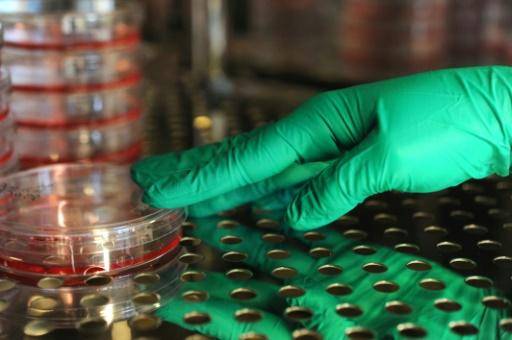EU watchdog OKs cancer drugs without evidence they work: study
Shares

PARIS: European regulators approved 39 new cancer drugs between 2009 and 2013 despite having no evidence that they worked, unnecessarily exposing patients to toxicity, researchers said Thursday.
The number represented more than half the 68 cancer treatments to become available for European patients during this period, they said, "raising serious questions about the current standards of drug regulation."
Writing in The BMJ medical journal, a team of public health experts expressed concern about the approval of often-pricey cancer drugs by the EU regulator, the European Medicines Agency (EMA).
"This situation has negative implications for patients and public health," they concluded.
"When expensive drugs that lack clinically meaningful benefits are approved and paid for within publicly funded healthcare systems, individual patients can be harmed, important societal resources wasted, and the delivery of equitable and affordable care undermined."
Many of the drugs were approved on the basis of inconclusive, early test results which were unable to predict whether they would actually make a patient better.
